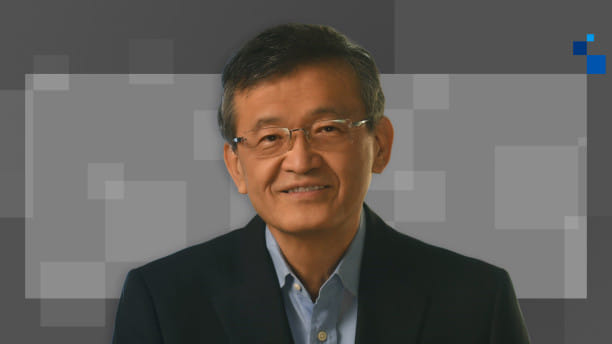Intel appoints new CEO, industry veteran Lip-Bu Tan

Intel, the US-based chipmaking giant, has named industry veteran Lip-Bu Tan as its new CEO, effective March 18. The appointment comes as Intel seeks to recover from one of its most challenging periods, marked by declining market share, falling stock prices, and intense competition in the semiconductor industry.
Tan, a 65-year-old Malaysian-born executive, brings decades of experience in the chip sector. He previously served as CEO of Cadence Design Systems, a leading chip-design software company, from 2009 to 2021, during which its revenue and stock value surged. Tan also has a strong background in technology investment, having chaired Walden International, a venture capital firm, since 1984. He holds degrees in physics, nuclear engineering, and business administration.
Tan was a member of Intel's board from 2022 until his resignation last year, reportedly due to disagreements over the company's turnaround strategy. He expressed frustration with Intel's large workforce, its approach to contract manufacturing, and its risk-averse culture. Despite this, Tan has now returned to lead the company, signalling confidence in its potential for recovery.
In a letter to Intel employees, Tan emphasised his commitment to restoring Intel's position as a world-class chipmaker. He stated that the company would not split its chip design and manufacturing operations, a move some investors had speculated about. Instead, Tan aims to strengthen Intel's role as both a product company and a contract manufacturer for other chipmakers.
Intel has faced significant challenges in recent years. While competitors like Nvidia have capitalised on the boom in AI chip demand, Intel has struggled to keep pace. The company's stock fell by 60% in 2024, and its ambitious turnaround plan under former CEO Pat Gelsinger failed to regain investor confidence. Intel is also investing heavily to expand its contract manufacturing business, raising concerns about its cash flow.
The appointment of Tan has been welcomed by analysts, who see his deep industry knowledge and leadership experience as assets for Intel's recovery. His focus on improving Intel's manufacturing capabilities and making them more customer-friendly could help the company compete in the rapidly evolving semiconductor market.
Tan's leadership comes at a critical time for Intel, as the US government pushes for greater domestic chip production. While Intel has received subsidies under a 2022 bipartisan law, President Donald Trump has threatened to revoke such funding, adding further uncertainty to the company's future.
As Intel navigates these challenges, Tan's expertise and vision will be crucial in determining whether the company can reclaim its position as a global leader in the chip industry.



 For all latest news, follow The Daily Star's Google News channel.
For all latest news, follow The Daily Star's Google News channel. 
Comments